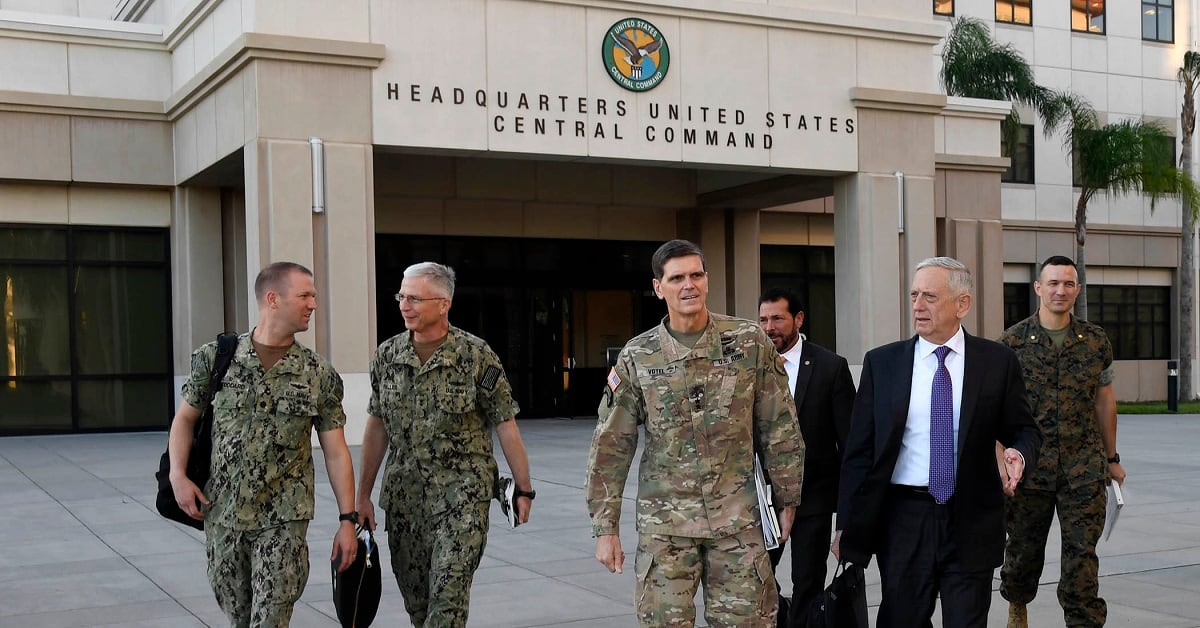The White House is pushing for a “rapid end” to the mission in Syria, but the Pentagon’s leadership may be a big hurdle to a full withdrawal of American troops, experts on the region say.
If Trump is going to pull U.S. forces out, he’s going have to wrestle with military dogma first, according to retired Army Lt. Col. Daniel Davis, a senior fellow for Defense Priorities who served in Afghanistan and Iraq.
"Bless their hearts, but there is nowhere in the world we are deployed that a military leader is going to go on record and say, 'yeah, I think you're right, we should probably shut this down,'" Davis told Military Times.
A statement from the White House Wednesday morning said “the military mission to eradicate ISIS in Syria is coming to a rapid end, with ISIS being almost completely destroyed.”
RELATED
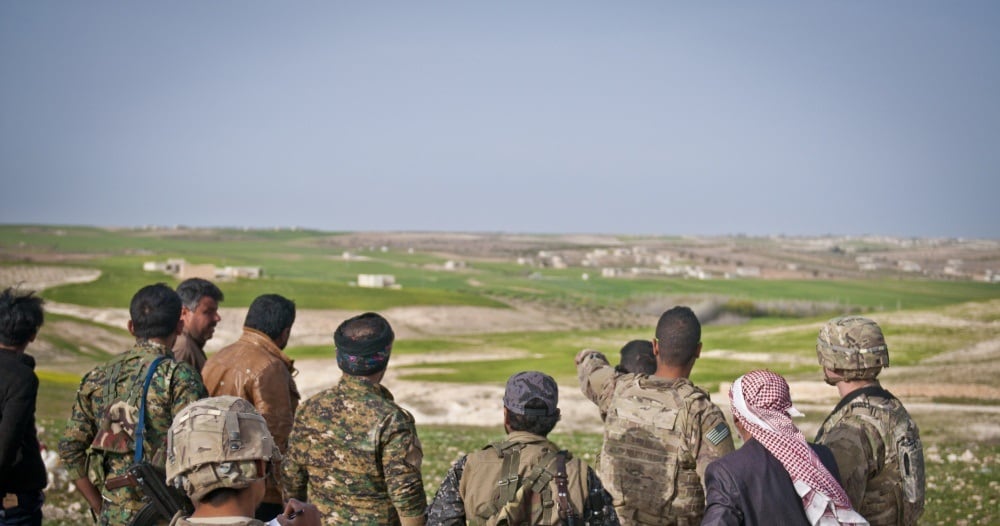
But White House Press Secretary Sarah Sanders later in the afternoon spoke less decisively, telling reporters that the determination to leave Syria will be made in concert with military leadership.
“We're evaluating this as — as we go,” she said. “We want to make sure that there isn't a reemergence [of ISIS]. And we're counting on the secretary of defense and our troops on the ground and our commanders on the ground to help make that determination.”
While the president seems content with eliminating ISIS holdovers and pulling out, the generals he tends to trust may be interested in pursuing broader, more strategic concerns in the region.
"The only reason for staying there in the long run is to hurt Iran and Russia,” Joshua Landis, director of the University of Oklahoma’s Center for Middle East Studies, told Military Times.
“The United States in this northern Syria region has control over 50 percent of Syria's oil, and much of its best agricultural land,” Landis said. “So by denying that to [Syrian President Bashar] al-Assad, we can make him extremely poor and we can stop him from rebuilding."
But that goal is nearly impossible with current troop levels, Davis said.
He compared Syria today to Afghanistan, where 140,000 U.S. and NATO troops were posted when he was deployed there in 2011, and where there were still “vast tracks of the country that were completely off limits to our forces, where the Taliban could run through.”
"Now compare that to Syria, where we're not on the side of the host government, and we don't have 140,000 troops. We have 2,000,” he said.
“That means that we have a physical presence on just a few shards of dirt, while you have the Russian forces, the Iranian forces, the Syrian forces, and 20-some odd groups of competing rebel factions all operating in there with competing interests,” Davis said.
"The truth is our presence there will not help anything,” he added. “There are ISIS people not just in Syria, but in Afghanistan, Libya, and a rising number in the Philippines. Now are we going to be sending more troops to all those places? It will never stop.”
“We simply cannot kill our way out of this,” he said.
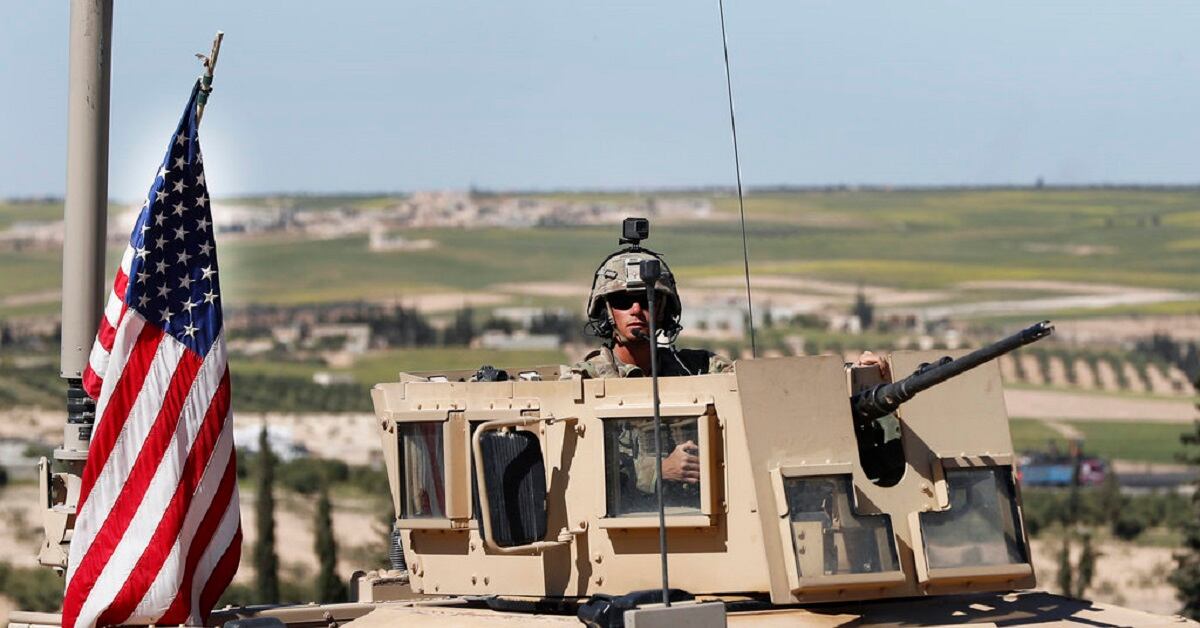
Pentagon spokesman Eric Pahon told Military Times that the coalition mission to the region remains flexible.
“We are continuing to implement the president's strategy to defeat ISIS,” Pahon said. “We will, however, continue to evaluate our posture with respect to conditions on the ground.”
However, Pahon declined to address the rumors and pictures that have circulated on social media that appear to show the U.S.-led coalition was in fact pushing more troops and equipment to Manbij, Syria, where two coalition soldiers were killed late last week.
“What I can tell you is, throughout CENTCOM, commanders are delegated the authority and the responsibility to position the number of people and resources needed to accomplish the mission and to protect themselves,” Pahon said.
“Occasional modifications to force size would therefore be normal.”
Army Gen. Joseph Votel, commander of U.S. Central Command, also seemed to advocate for a U.S. presence in Syria longer than Trump wants.
“The hard part, I think, is in front of us, and that is stabilizing these areas, consolidating our gains, getting people back into their homes,” Votel said at the U.S. Institute for Peace on Tuesday. “There is a military role in this.”
This contradiction between generals and presidents isn’t new.
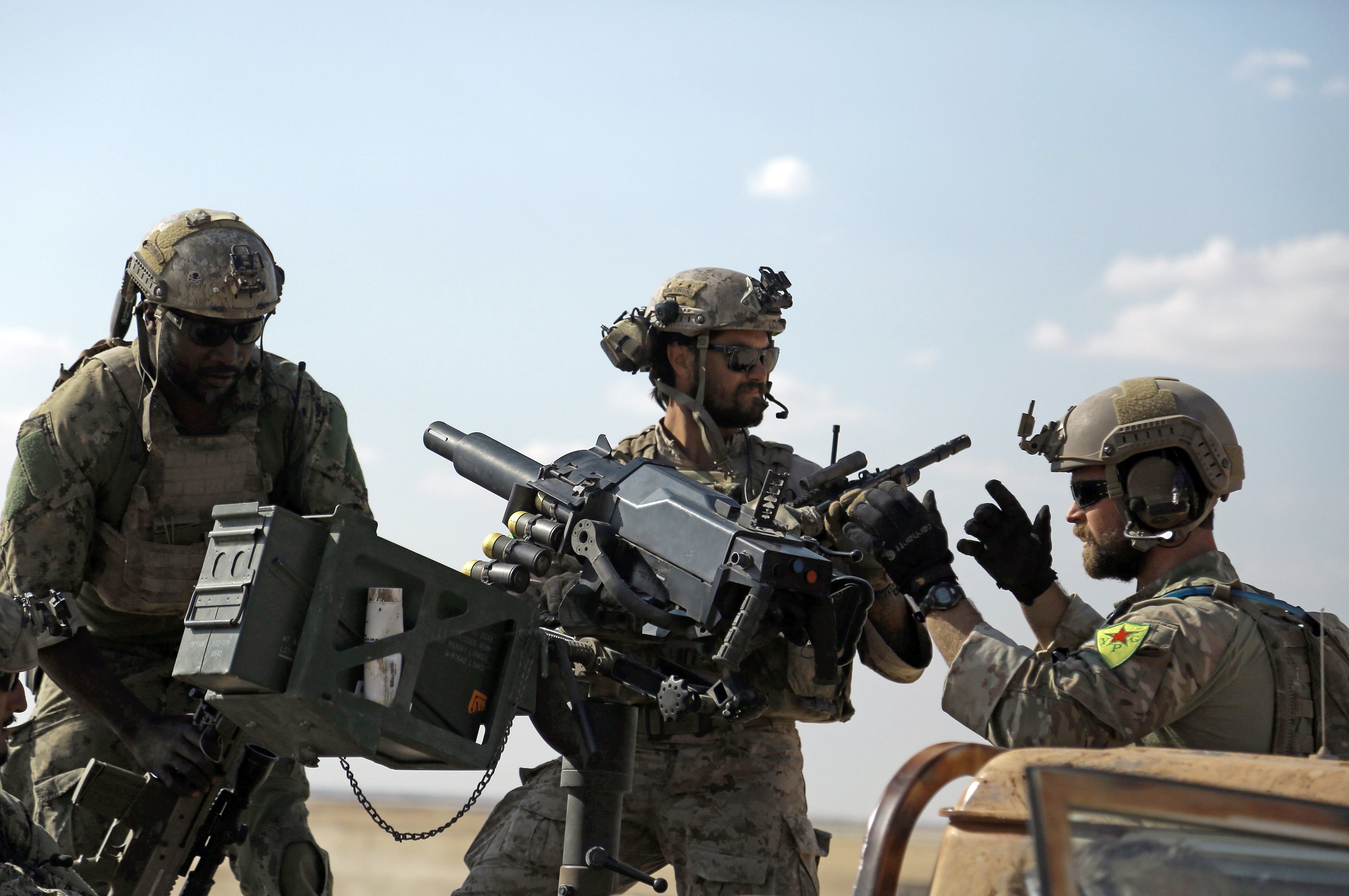
"Remember when Obama wanted to pull out of Afghanistan? The generals ran a long play around him,” Landis said. “They completely flanked him and he was forced to accept a surge in Afghanistan to rebuild forces and to stay in the country. And so we're still in Afghanistan, and we'll be there for a long time to come because no president wants to have a failure on their hands.”
Landis said no president wants to end up like Richard Nixon, who eventually accepted defeat in Vietnam.
“Even though the war is stupid, and probably can't succeed, everybody wants to kick the can down the road,” Landis said.
RELATED
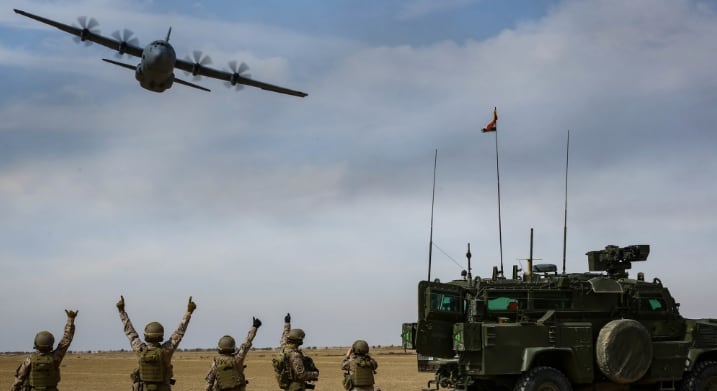
But with recent shakeups in the White House Cabinet, including the departures of Secretary of State Rex Tillerson and National Security Adviser H.R. McMaster, there appears new national security strategies emerging inside the Trump administration.
”Tillerson outlined wider goals in Syria ― beyond ISIS ― earlier this year, including constraining Iran and defeating al-Qaida,” Jennifer Cafarella, a senior intelligence planner at the Institute for the Study of War, told Military Times. “I think Trump’s desire to withdraw indicates those other goals were only ever notional.”
And achieving those objectives would require “the will to stay and fight as well as a physical American presence,” Cafarella said.
“Russia, Turkey, and Iran are going to divvy up the Syrian spoils and will drive continued radicalization and sectarianism in the process,” she added. “President Trump has not fixed the legacy of President Obama’s failed Syria policy. He has cemented it.”

If Trump does manage to ditch Syria, there remain some issues for U.S. credibility down the line.
“There are real problems to leaving Syria because we will be abandoning the Kurds,” Landis said. “There is a moral price to pay for abandoning your allies.”
The Kurdish forces have long-sought an independent state, but “it’s not clear that America can give that to them,” Landis said.
“It would cost a fortune. And now is the time to let them know that America can't give that to them, because they can still make an arrangement with the Syrian government, which is eager to make a deal with them. If America does it properly, they can make a favorable arrangement for the Kurds,” Landis added.
Kyle Rempfer was an editor and reporter who has covered combat operations, criminal cases, foreign military assistance and training accidents. Before entering journalism, Kyle served in U.S. Air Force Special Tactics and deployed in 2014 to Paktika Province, Afghanistan, and Baghdad, Iraq.
